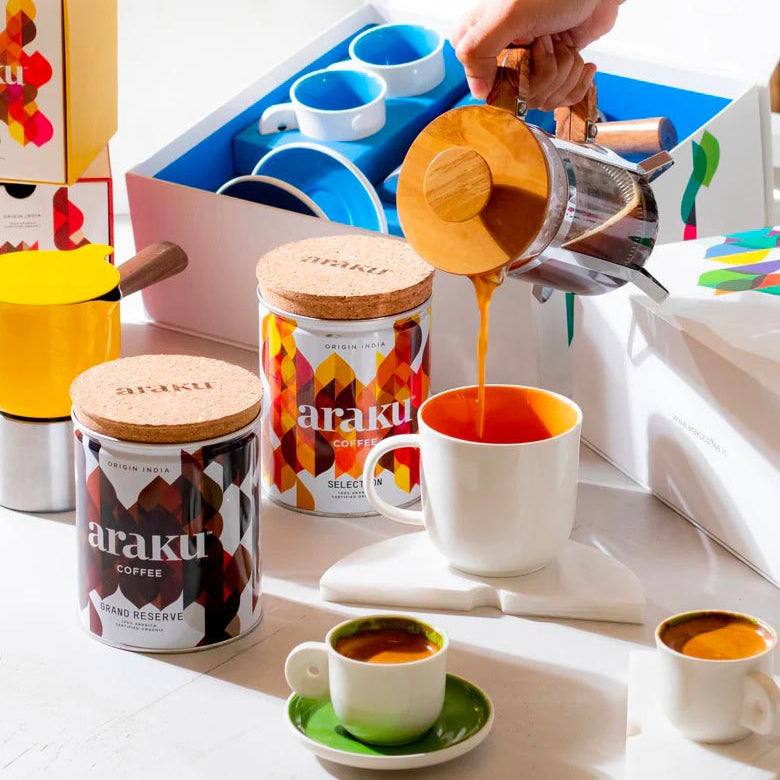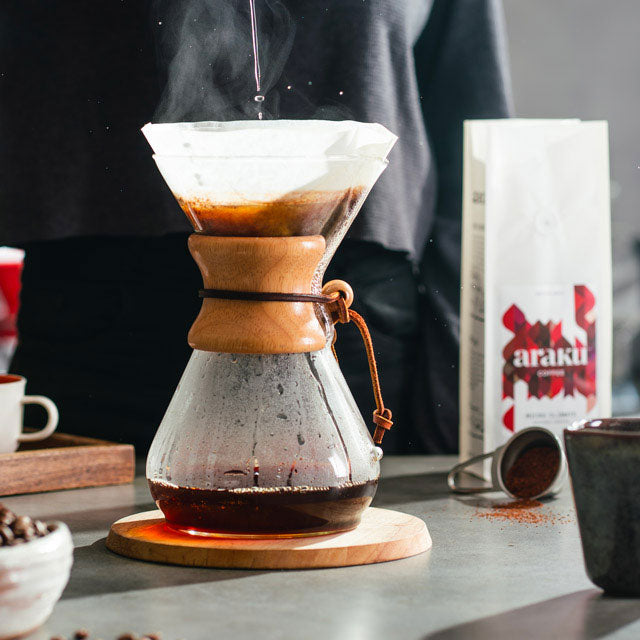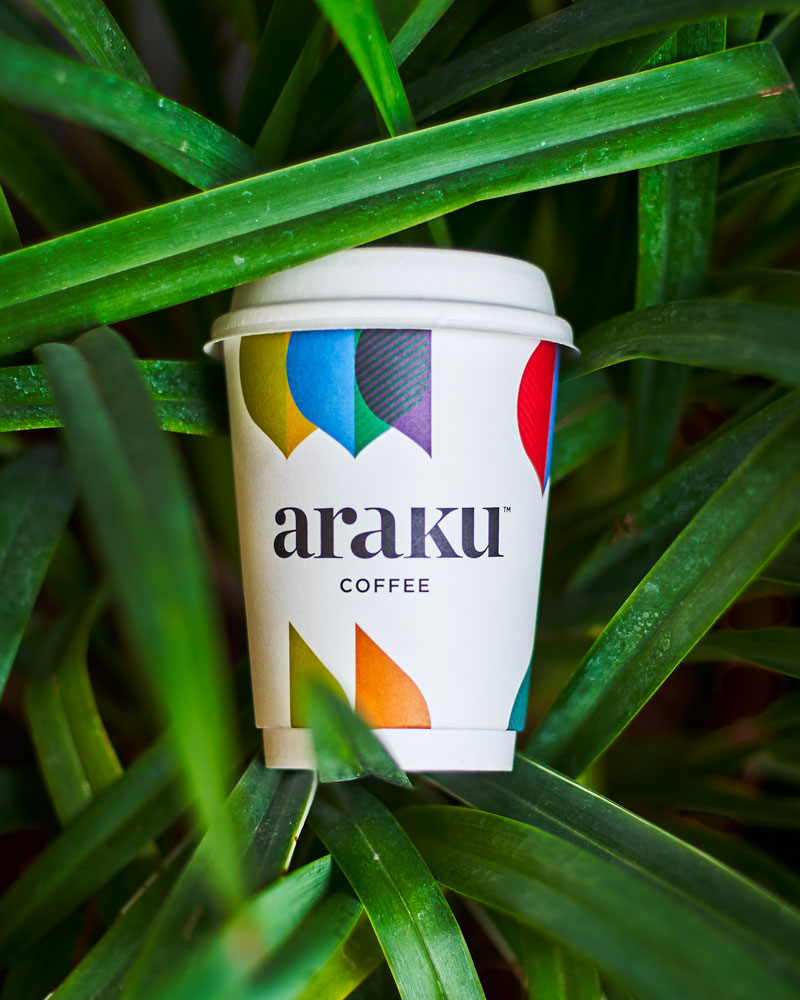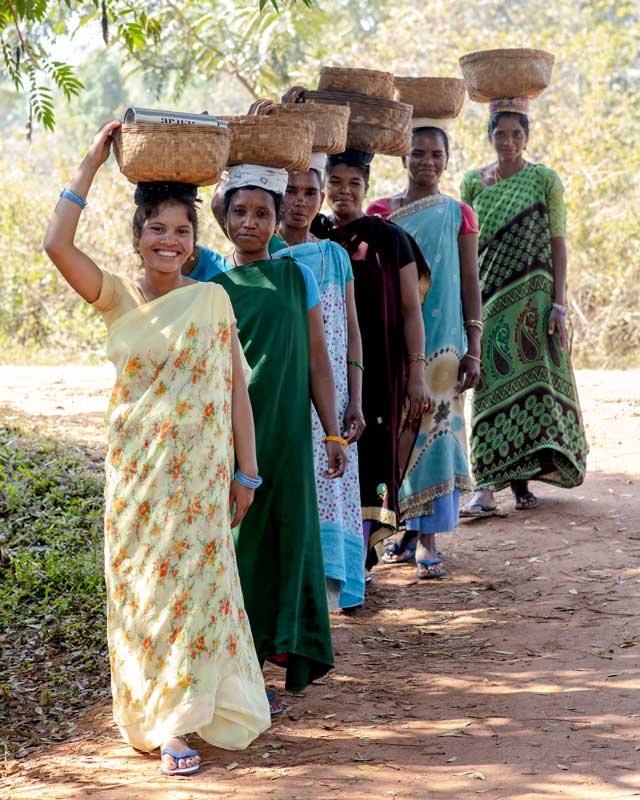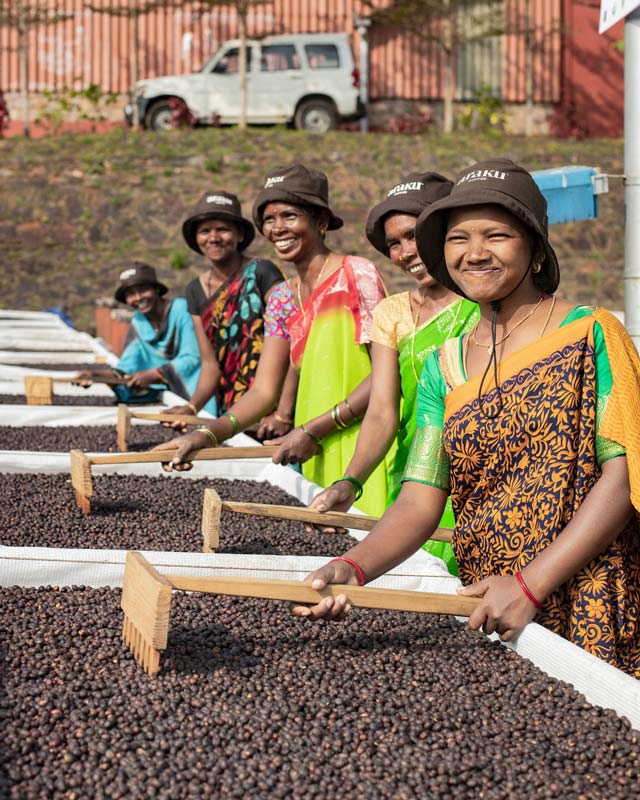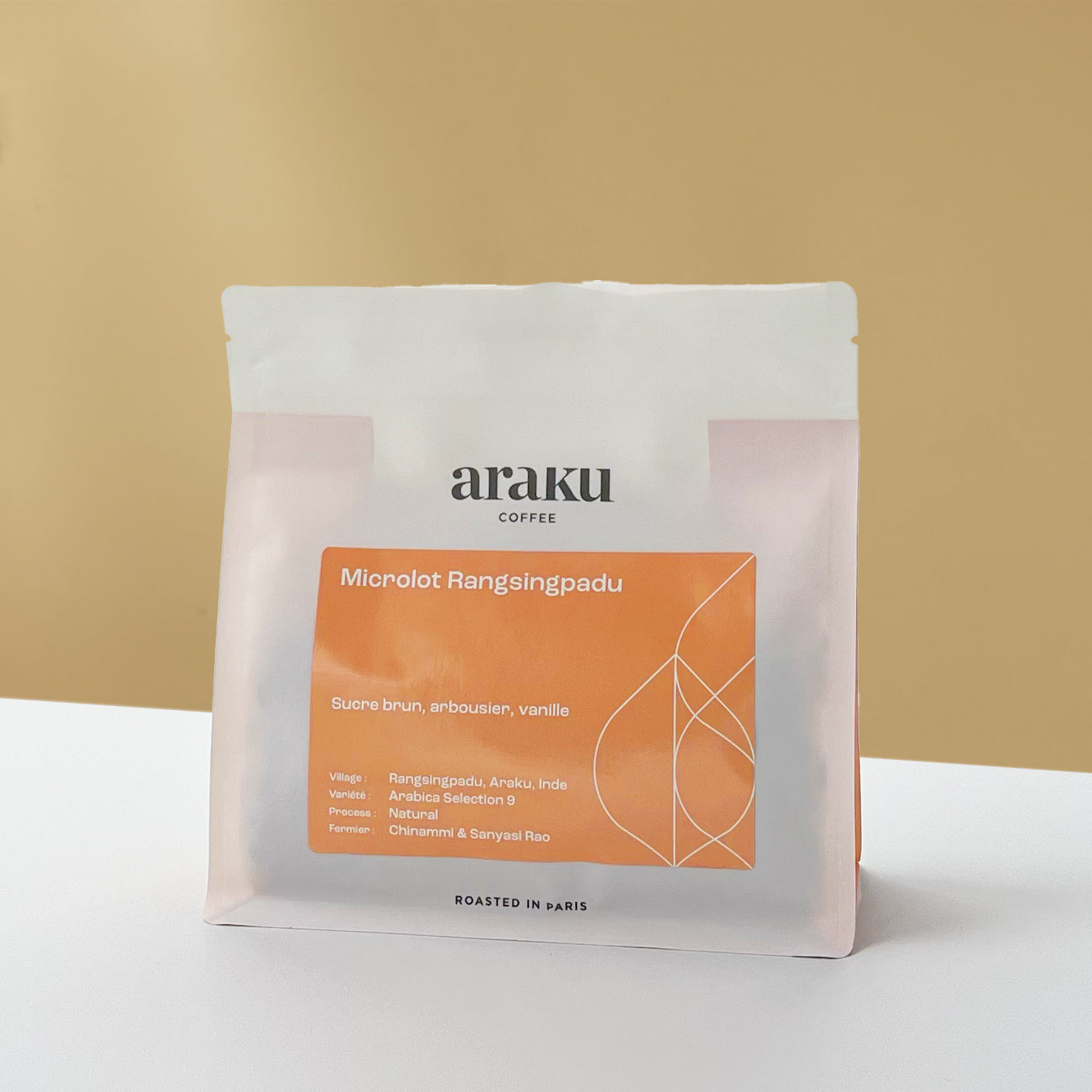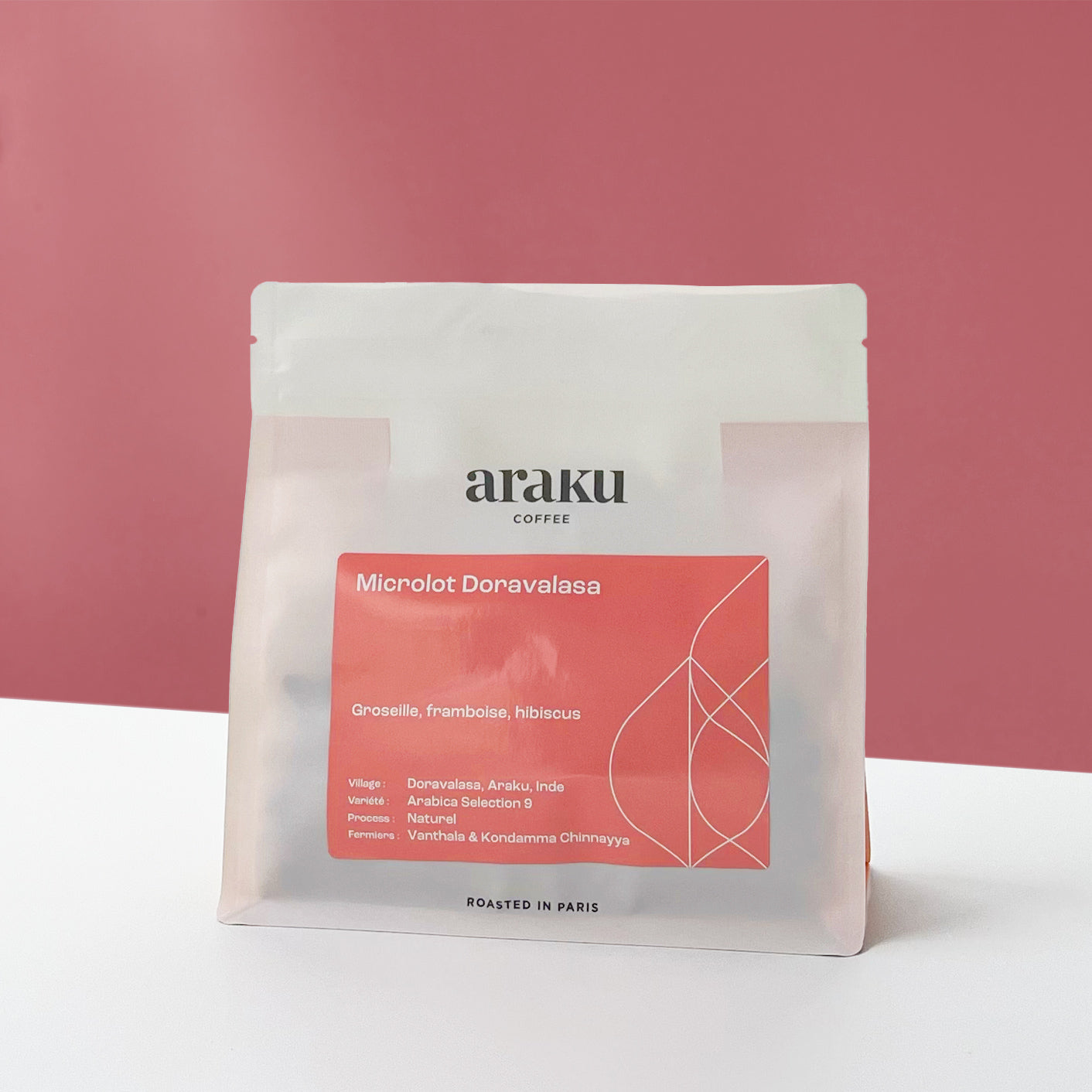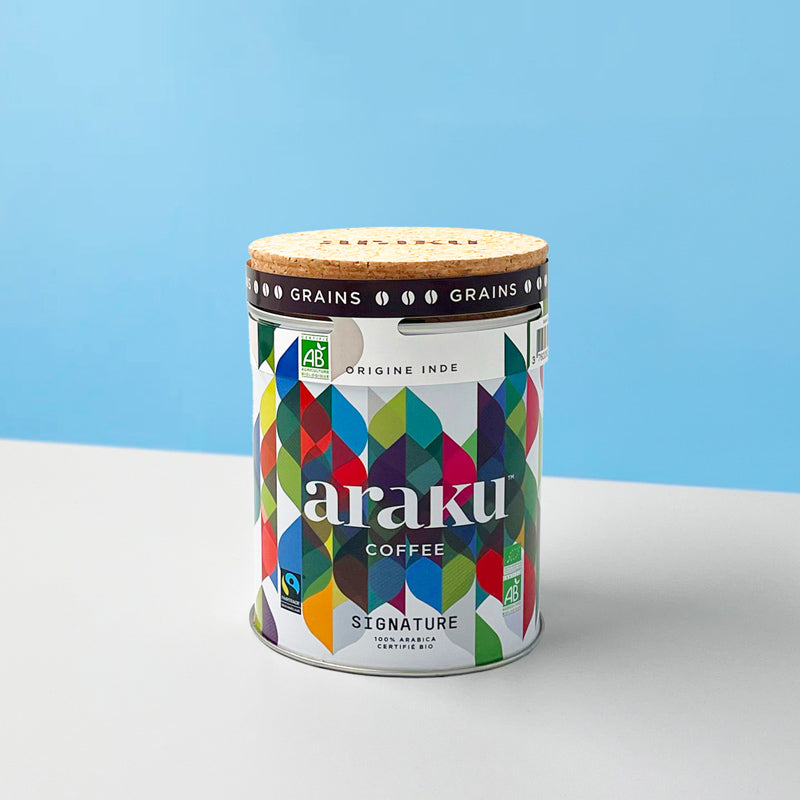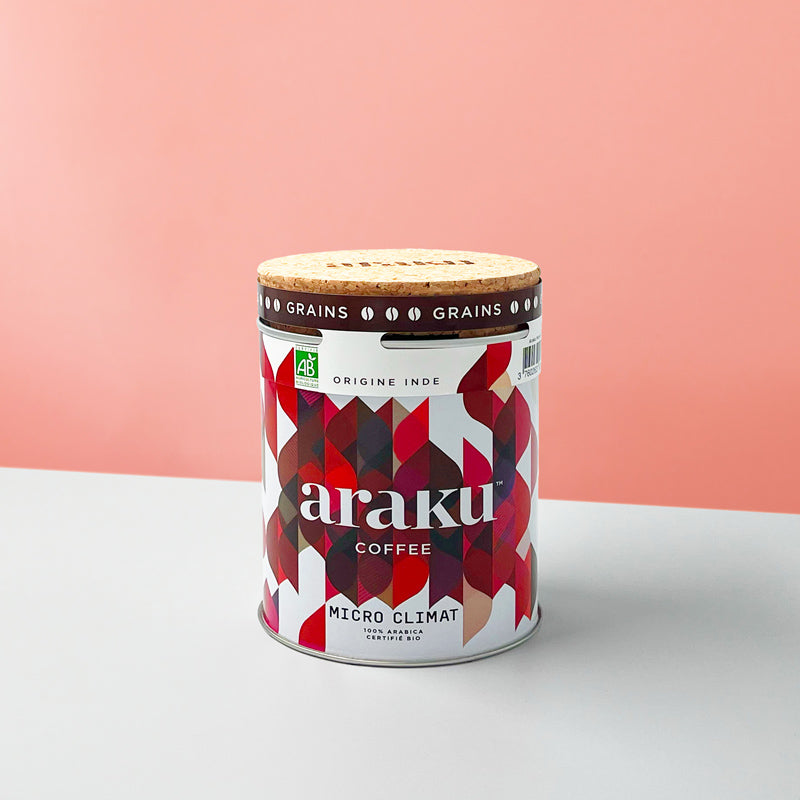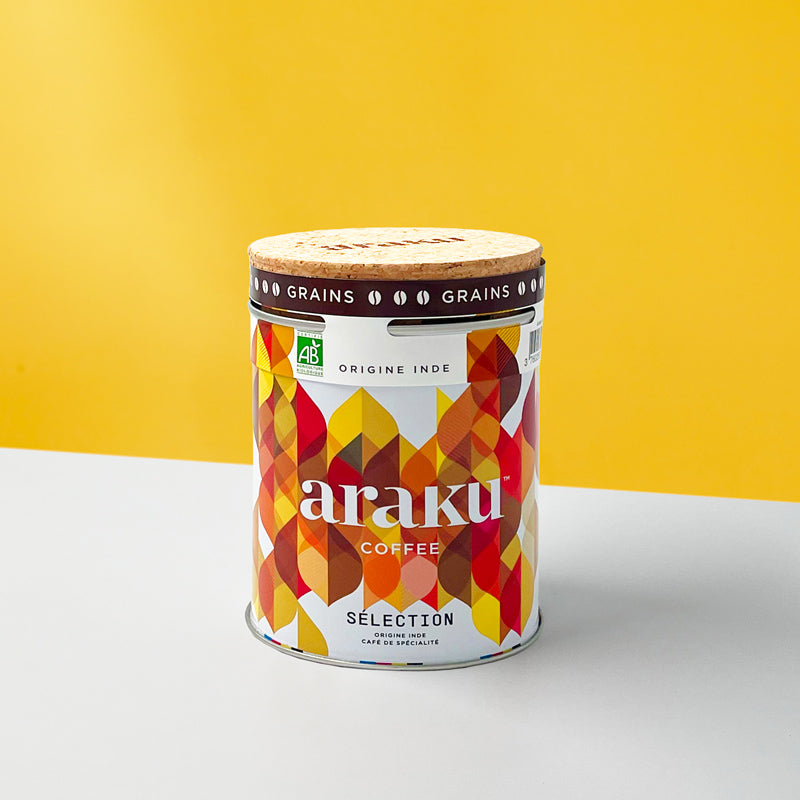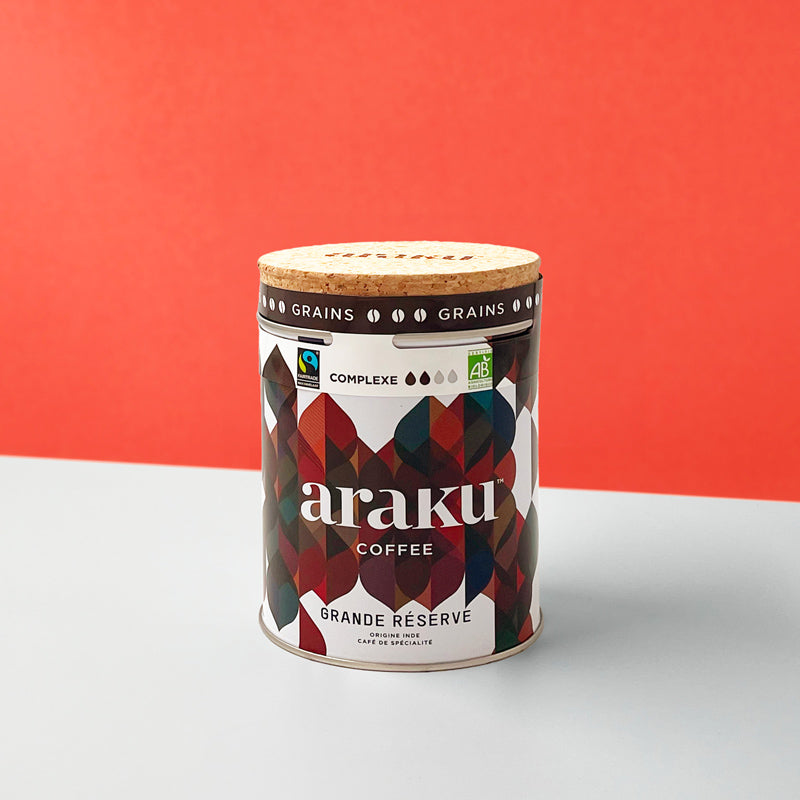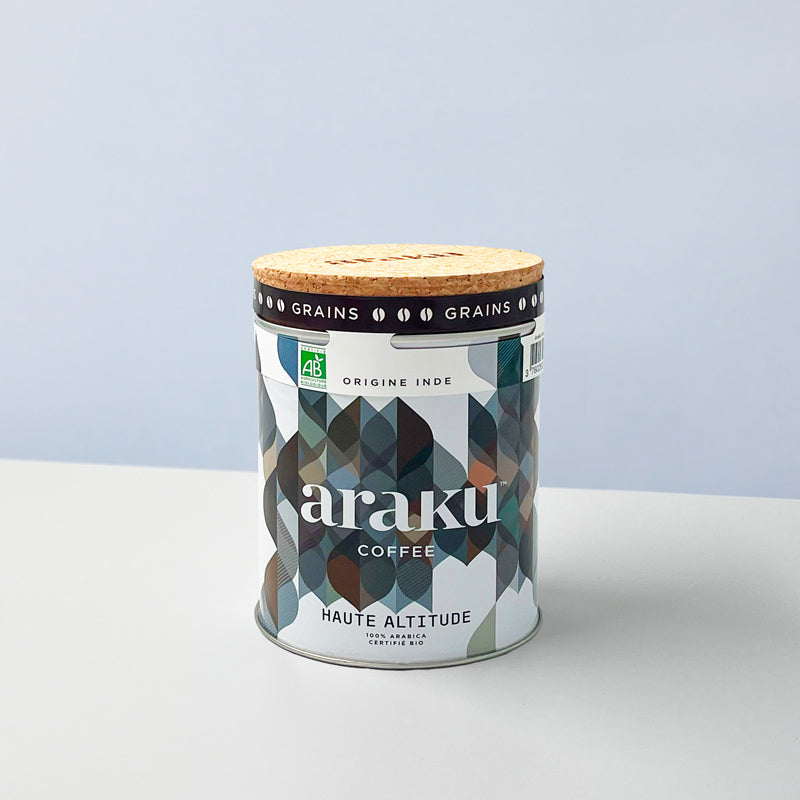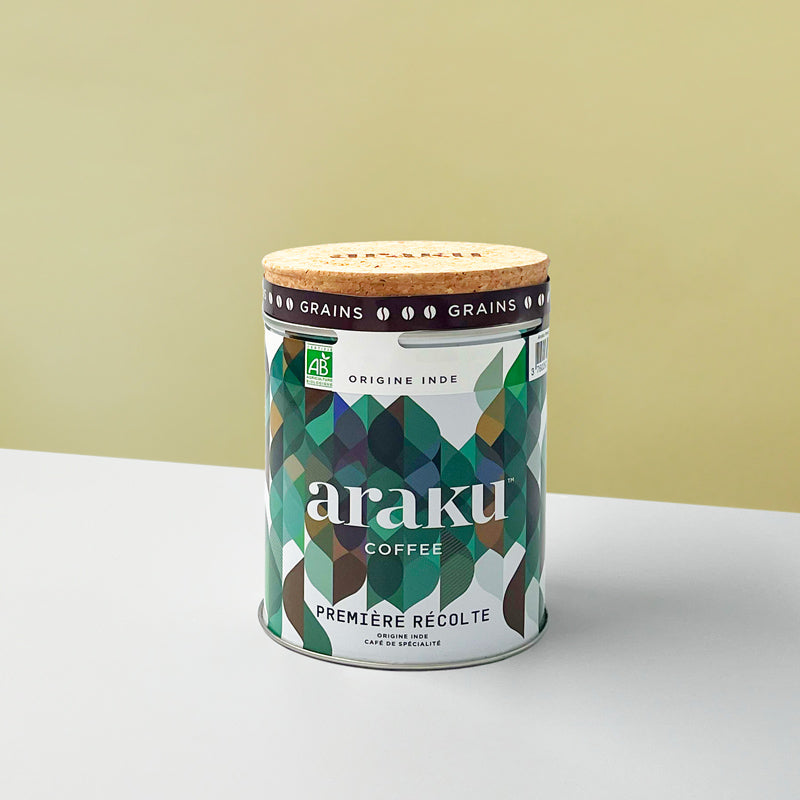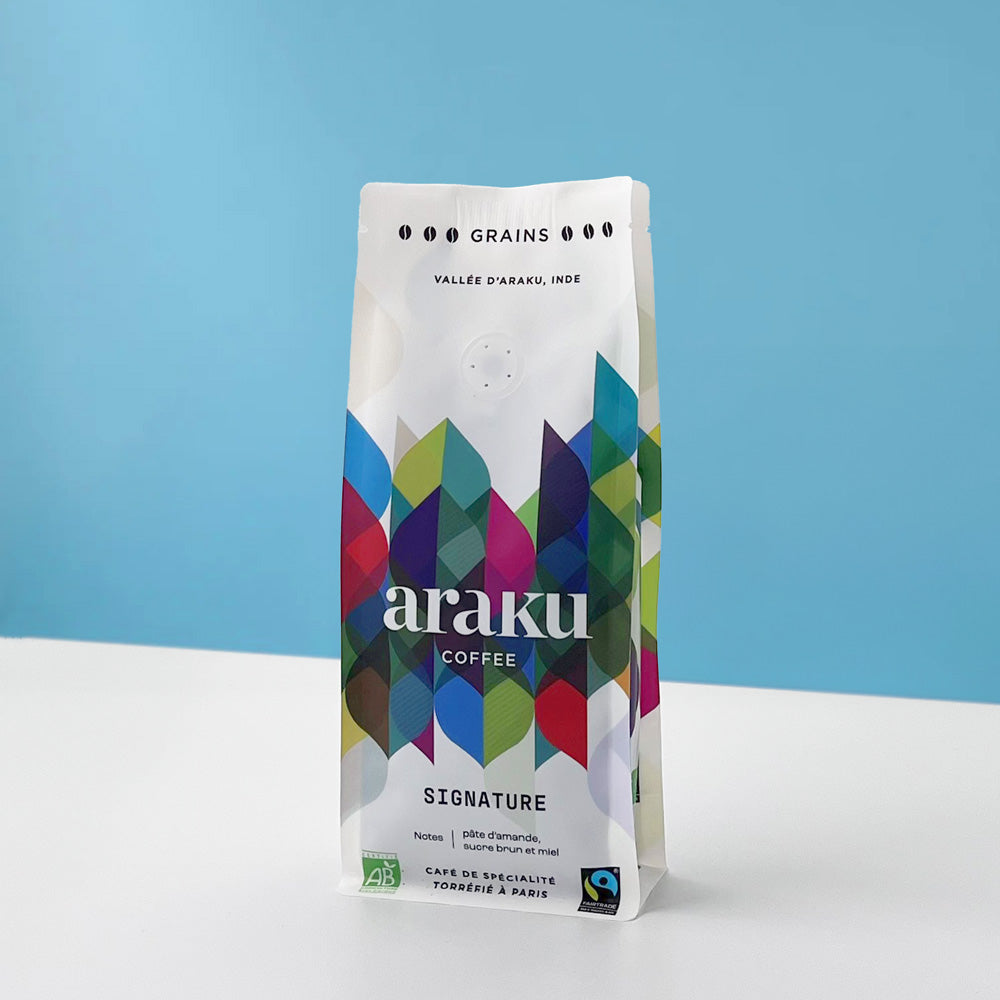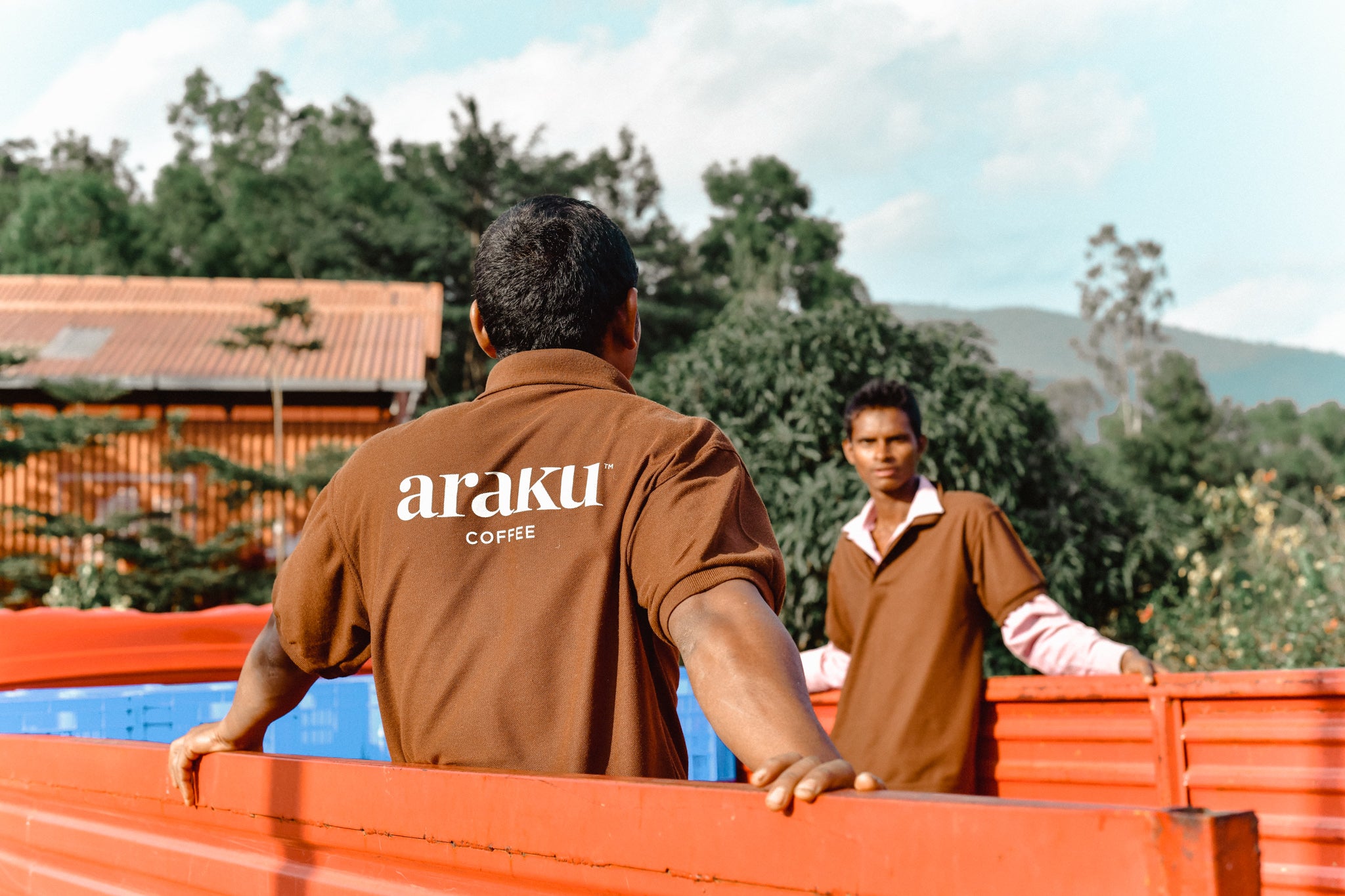Choosing your organic coffee: opt for the good bean
To choose the right organic coffee , you still need to know which variety of beans suits your tastes. Today, two varieties dominate the market. On the one hand, robusta, a grain that is less expensive to produce and richer in caffeine, offers a more frank and full-bodied result in the cup. On the other, Arabica, known for the subtlety of its aromas and the richness of its taste. It also happens that these two varieties of grain are combined to obtain a particular cup result. In an organic approach to “consume better”, coffee lovers prefer organic arabica coffee beans . The main reason ? Arabica, especially when it is certified organic, is the guarantee of a quality product with a rich aromatic palette. It is the best choice if you are looking to educate your palate to the different aromas present in coffee beans.
Certifications, labels: a guarantee of quality
The certification of an organic coffee is one of the criteria to take into account when purchasing coffee beans. If the reliability of certain organic labels and certifications is sometimes difficult to determine, it remains a good marker of credibility to determine the quality of the coffee beans and the seriousness of the production chain, guaranteed without GMOs and without pesticides.
Concretely at Araku, all our coffees are certified organic by the AB labels and the Fair Trade Max Havelaar label (guarantees respect for the logic of fair trade and sustainable agricultural practices).
But if organic certifications are a necessary step to reassure consumers, there are very different realities hidden behind these certifications. At Araku, while GMOs and pesticides are obviously prohibited, our regenerative agriculture approach goes well beyond these two elements. Our vision of regenerative agriculture integrates the best of biodynamics, permaculture and agroforestry. No dogmatism, we are guided by the effectiveness of best practices on grain quality and their positive impact on ecosystems. Some examples: all our coffees are forest coffees that grow in the shade of trees, our compost helps limit the incineration of organic waste, the harvest is 100% manual, the cycles of the moon guide the coffee growers' calendar .
Organic coffee: beans or ground?
What is the best way to appreciate the quality of your organic coffee? To avoid losing any of the aromas of organic coffee beans, coffee lovers prefer to buy coffee beans. Beans that have not yet been ground are easier to store and maintain their freshness and quality better. It is in the barista's interest to grind the beans just before preparing the coffee so that the result in the cup is a faithful reflection of the aromatic palette of the beans. It's a bit the same principle with the roasting step (cooking the beans, a key step to bring out the flavors). Remember to check the roasting date on the product: buying recently roasted organic coffee beans guarantees the preservation of aromas. Since organic coffee is a little more expensive than industrial coffee, you might as well choose the option that provides the best tasting experience!
To learn more about organic coffee certification criteria, click here .

